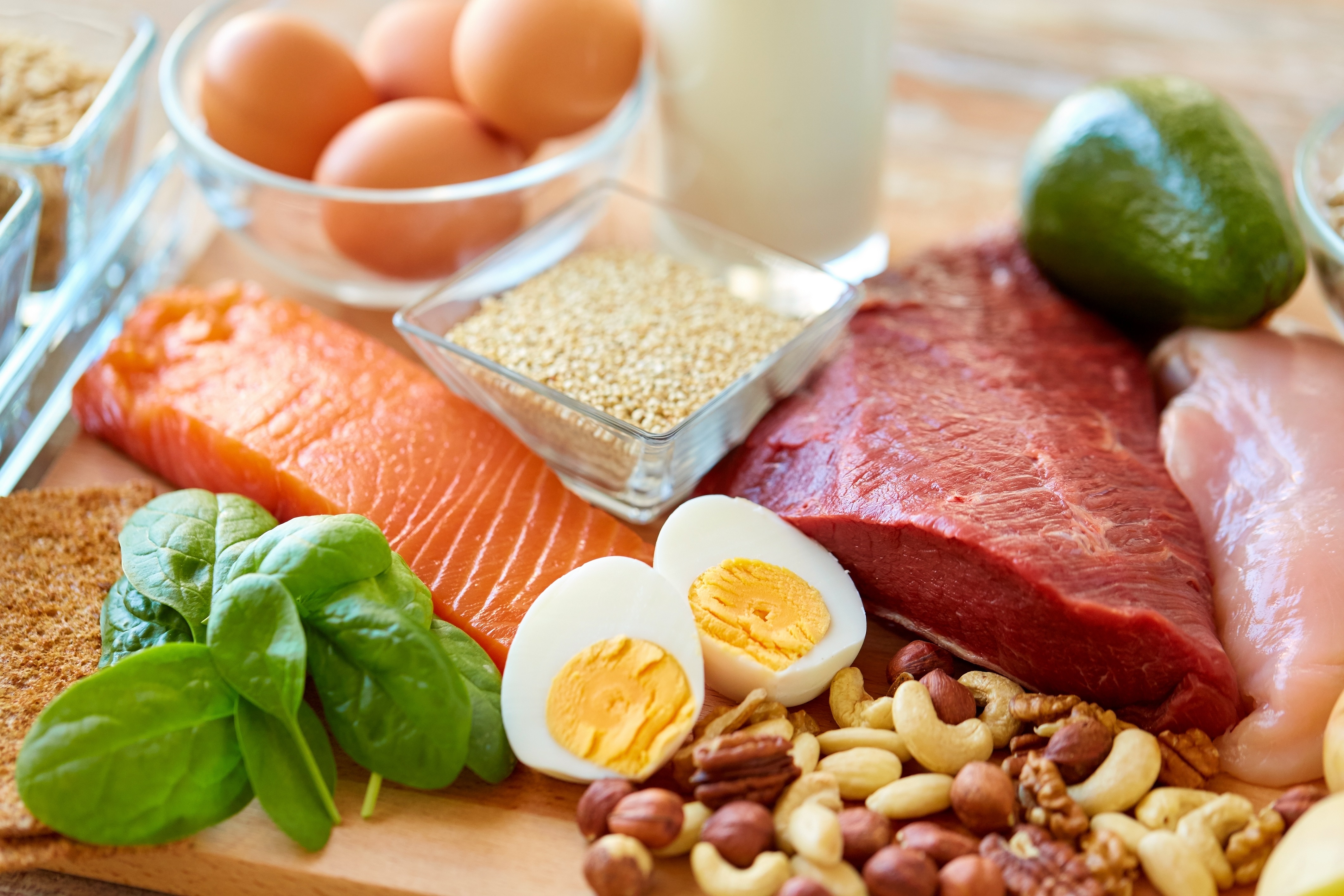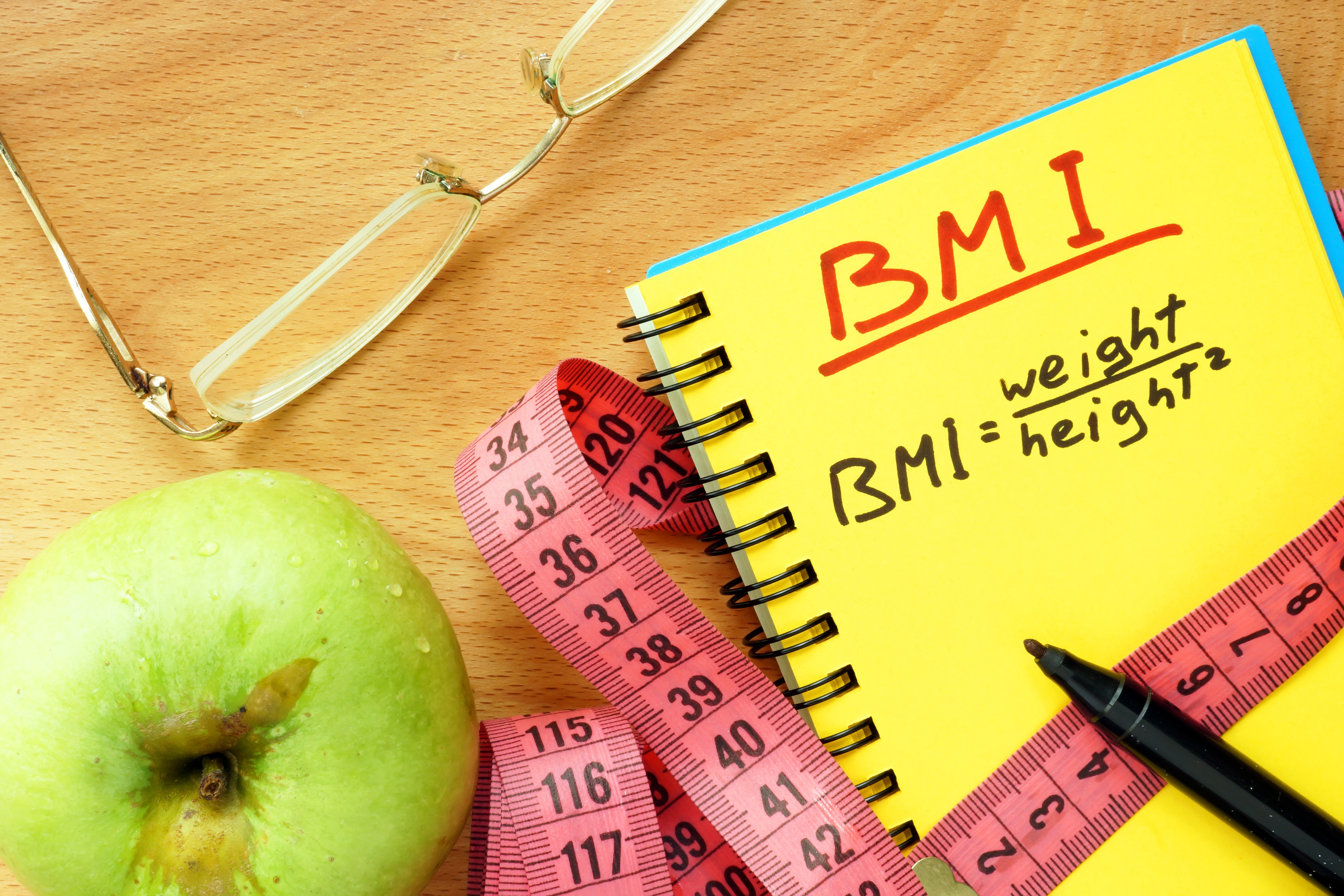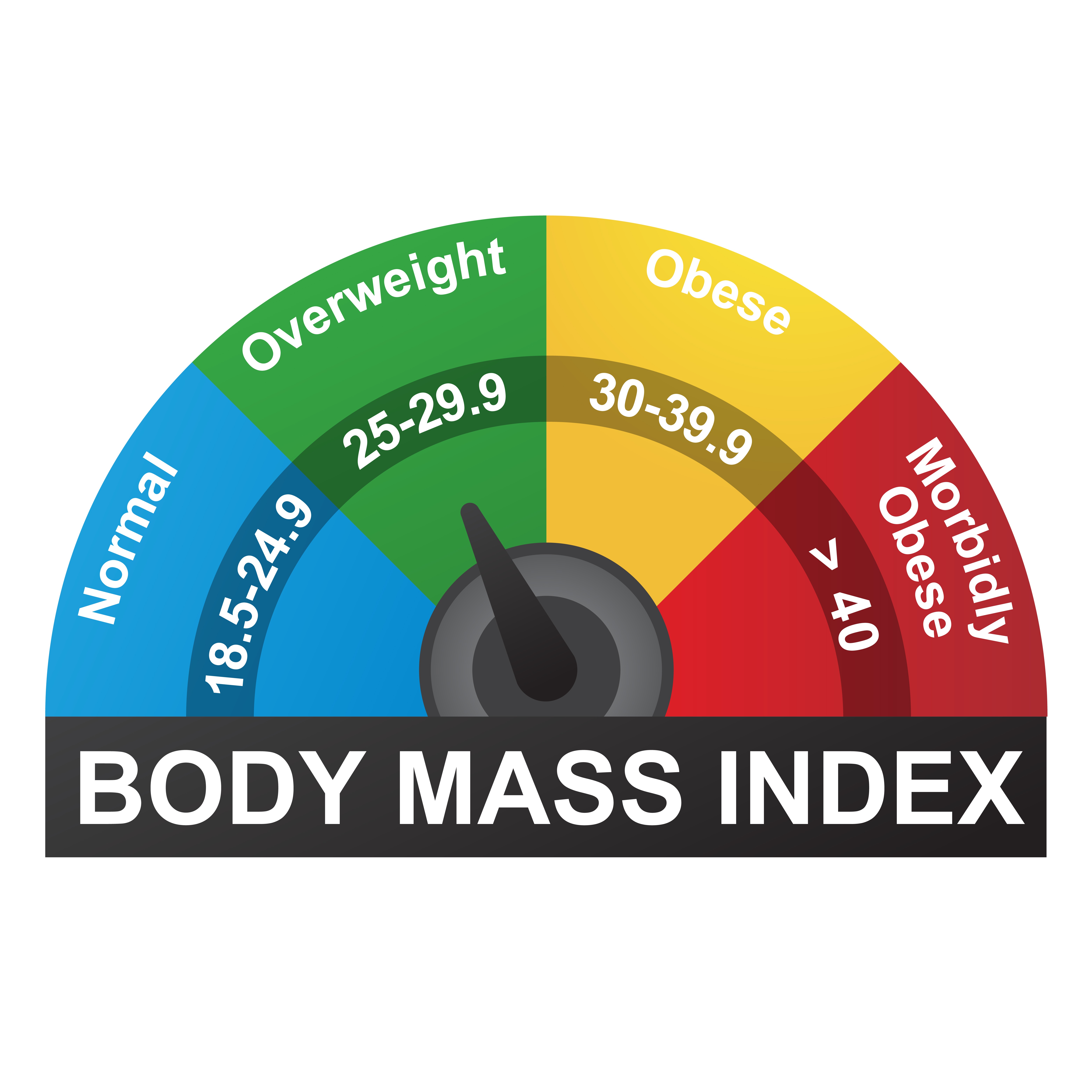
Halloween is an exciting time of year that typically means candy, costumes, and cold weather. However, the candy that is a common household staple during this time is generally not recommended for the pre-and-post-operative bariatric surgery patient. These sweet treats are highly palatable, so they can be easy to overeat. The extra calories and added sugars can quickly add up and lead to digestive upset or plateaus in your overall weight loss. Although Halloween and several other holidays are highly food focused, this should not stop you from celebrating them! Rather, you can find alternate ways to celebrate while still reaching your weight loss goals.
Food Allergy Research & Education, also known as FARE, promotes a worldwide movement known as the Teal Pumpkin Project. This aims to create an inclusive Halloween for everyone, by offering non-food items to trick-or-treaters. This movement can be especially important for children with food allergies or other conditions where candy is not an option. While you may not be a trick-or-treater with food allergies yourself, offering non-food treats may be a good strategy to keep candy out of the house, while still enjoying the festivities with your family, friends, and neighborhood.

To participate in the Teal Pumpkin Project, place a freshly painted teal pumpkin or colorful sign in front of your house to notify trick-or-treaters and their families that you are offering non-food treats. You can also add your home to the Teal Pumpkin Project map and spread the word to your friends and family through word of mouth and social media platforms. There are several options for non-food items that you could give out, including glow sticks, bracelets, pencils, crayons, bubbles, rings, etc., just to name a few! To read more about the Teal Pumpkin Project, visit www.foodallergy.corg
As a reminder, if you choose to celebrate Halloween this year, follow the CDC guidelines to keep yourself and others safe: maintain at least six feet of social distancing and always wear a mask that covers your mouth and nose when out in public. If you don’t plan on celebrating Halloween this year, that’s okay, too – you can save these ideas for next year and take the Teal Pumpkin pledge to stay safe at home.
Call 817-832-7227 to schedule your appointment and discuss your nutrition in detail.
Article provided by: Jessica Wiklund, MS, RD, LD • Registered/Licensed Dietitian for Trinity Bariatric Institute, PLLC



